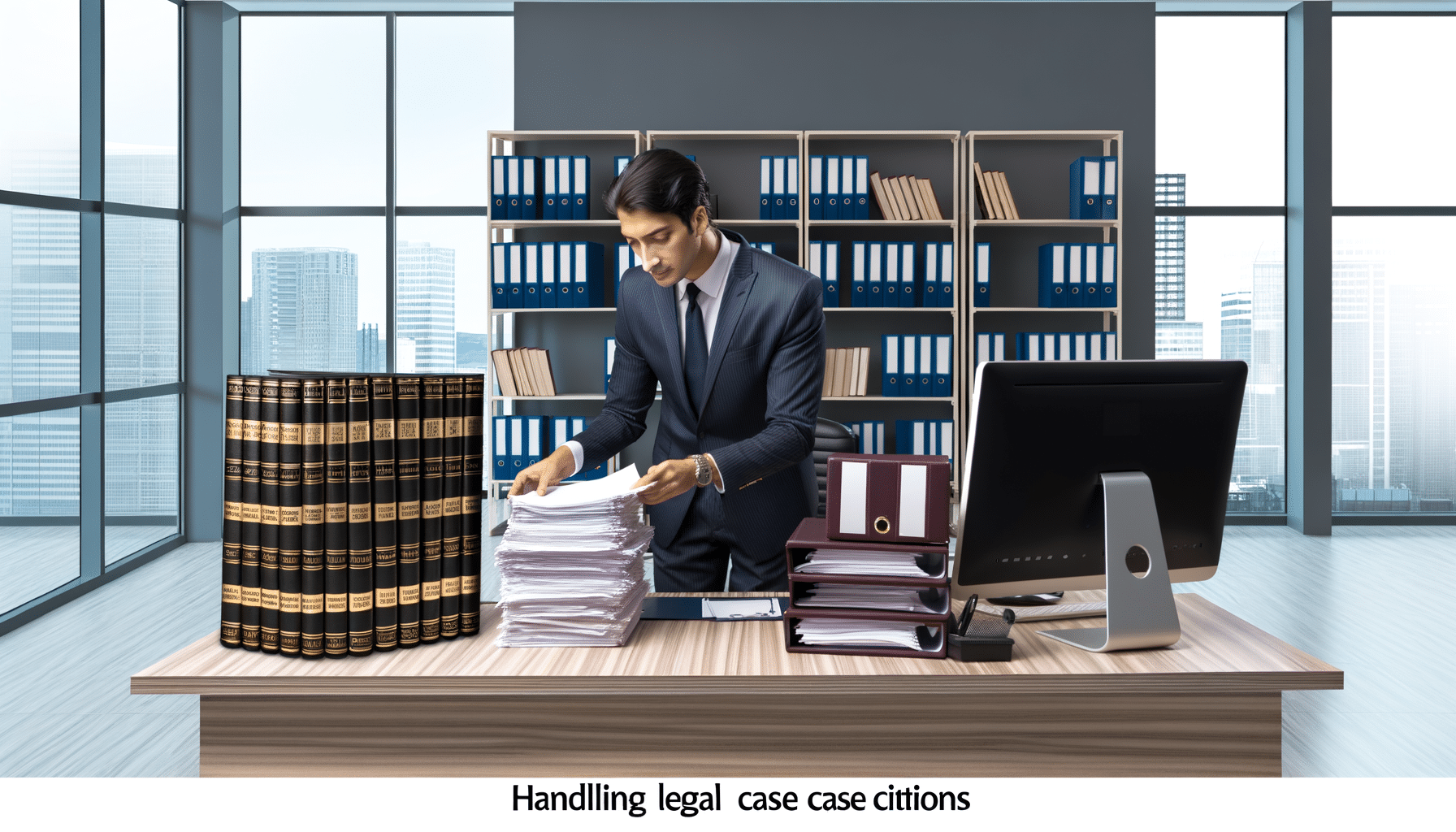- AI in Legal
- October 21, 2022
The Growing Importance of AI in Legal Document Review

Embracing AI: Transforming Legal Document Review
In the rapidly evolving landscape of the legal industry, harnessing the power of technology has become more than just a strategic advantage—it’s a necessity. As I navigate the transformative journey of RecordsKeeper.AI, the increasing role of Artificial Intelligence (AI) in legal document review has caught my attention. AI isn’t just a futuristic buzzword; it’s a game-changer, reshaping the way legal professionals manage enormous volumes of documents with unprecedented efficiency and accuracy.
The Traditional Challenge of Legal Document Review
Legal document review is a fundamental yet labor-intensive aspect of legal practice. Traditionally, it involves lawyers and paralegals poring over thousands of documents to identify relevant information for litigation, compliance, or due diligence purposes. This meticulous process is time-consuming, costly, and prone to human error—a trifecta of issues that AI is perfectly poised to address.
Why AI is Essential in Legal Document Review
The integration of AI into legal document review processes represents a profound evolution. AI has the capability to digest vast swathes of information quickly and with remarkable precision. Here are some pivotal reasons why AI has proven indispensable in this area:
- **Accelerated Processing**: AI algorithms can sift through hundreds of thousands of documents in a fraction of the time a human would take, significantly speeding up the review process.
- **Enhanced Accuracy**: With AI’s ability to identify patterns and anomalies, it drastically reduces the likelihood of oversight, ensuring thoroughness that human eyes might miss.
- **Cost Efficiency**: By minimizing the time and effort required for manual reviews, AI helps law firms and legal departments cut costs dramatically.
- **Scalability**: As data volumes grow, AI scales effortlessly, handling larger collections of documents without compromising on speed or performance.
How AI Works in Legal Document Review
AI operates by employing advanced technologies such as machine learning and natural language processing (NLP). These technologies equip AI to comprehend and analyze legal documents much like a human but with superior speed and accuracy.
Here’s how AI typically gets the job done:
- **Document Classification**: AI can automatically sort documents into categories relevant to a case, minimizing the need for manual sorting.
- **Key Term Extraction**: With NLP, AI identifies and extracts crucial terms, phrases, and clauses pertinent to the legal investigation or proceeding.
- **Predictive Coding**: By recognizing patterns from sample data, AI can identify potentially relevant documents, streamlining the entire review process.
- **Anomaly Detection**: AI flags irregularities that may denote discrepancies or risks, aiding lawyers in focusing their attention where needed most.
Implementing AI in Legal Practices
Adopting AI in legal practices isn’t just about technological integration; it’s about cultural transformation within law firms and legal departments. While some may be resistant to change, the efficiencies and improvements AI brings are too valuable to ignore. Here’s how legal teams can effectively implement AI:
- **Start Small**: Begin with pilot projects to demonstrate AI’s capabilities, fostering trust and understanding among stakeholders.
- **Invest in Training**: Equip legal experts with training to proficiently use AI tools, ensuring seamless integration into existing workflows.
- **Collaboration with Tech Experts**: Partner with AI specialists to tailor solutions that align with the firm’s specific needs.
- **Regulatory Compliance**: Ensure AI platforms comply with all legal standards and regulations, maintaining the sanctity and confidentiality of legal documents.
The Future of Legal Document Review with AI
Looking ahead, AI’s footprint in legal document review is set for exponential growth. Its continual advancement promises even more sophisticated capabilities, such as real-time data analysis during court proceedings or extended capabilities in multiple legal languages and jurisdictions.
The road to AI integration is paved with challenges and opportunities. As I lead RecordsKeeper.AI through this adventurous yet promising path, the ultimate goal remains clear: to equip legal professionals with tools that not only enhance their efficiency but also elevate the quality and depth of their insights.
In conclusion, adopting AI in the realm of legal document review isn’t merely beneficial; it’s a transformative necessity that aligns with the digital evolution we witness across all sectors. I invite you to explore this intriguing intersection of law and technology further, and engage with RecordsKeeper.AI to discover how we can facilitate your journey into the future of efficient and reliable legal practice.
Feel free to reach out if you’re eager for more insights or wish to dive deeper into the transformative world of AI within the legal field. Together, we can navigate the complexities of this digital age and transform challenges into channels of unprecedented growth.
Toshendra Sharma is the visionary founder and CEO of RecordsKeeper.AI, spearheading the fusion of AI and blockchain to redefine enterprise record management. With a groundbreaking approach to solving complex business challenges, Toshendra combines deep expertise in blockchain and artificial intelligence with an acute understanding of enterprise compliance and security needs.
Related Posts


Archives
- December 2024
- November 2024
- October 2024
- September 2024
- August 2024
- July 2024
- June 2024
- May 2024
- April 2024
- March 2024
- February 2024
- January 2024
- December 2023
- November 2023
- October 2023
- September 2023
- August 2023
- July 2023
- June 2023
- May 2023
- April 2023
- March 2023
- February 2023
- January 2023
- December 2022
- November 2022
- October 2022
- September 2022
- March 2019
Want to get more content like this?
Signup to directly get this type of content to your inbox!!
Latest Post
Organizing External Auditor Access
- December 22, 2024
Document Control in Manufacturing Plants
- December 21, 2024
Handling Rush Financial Report Requests
- December 20, 2024
Managing Record Access After Staff Changes
- December 19, 2024





